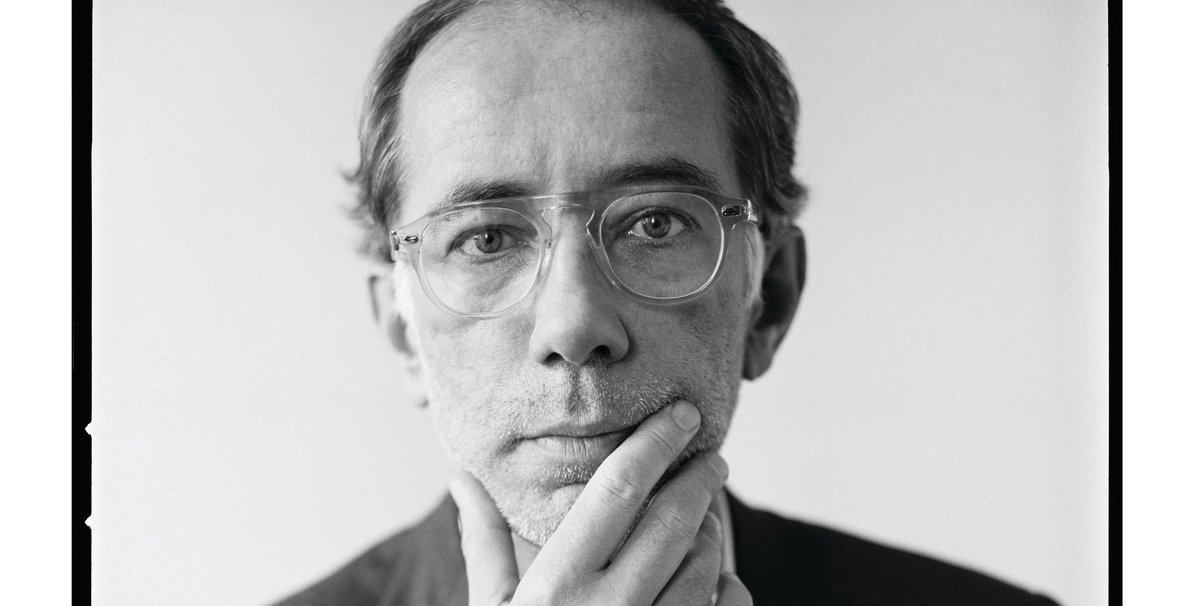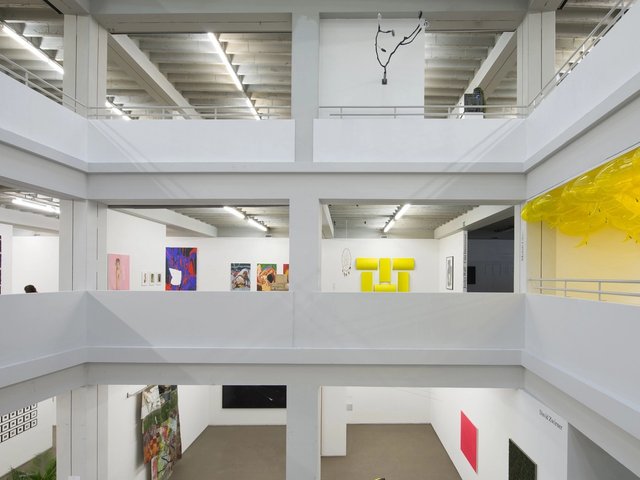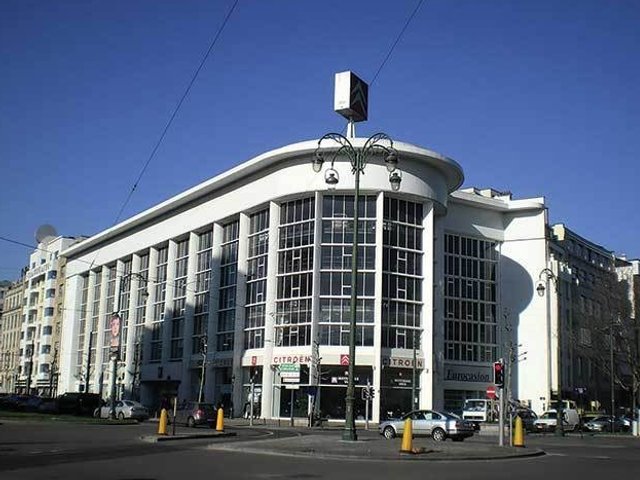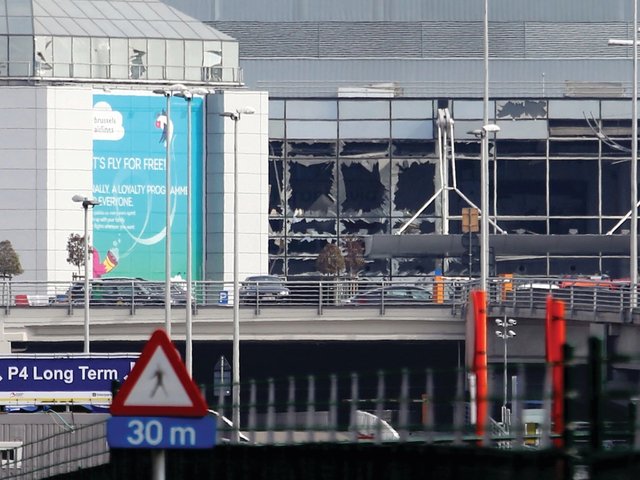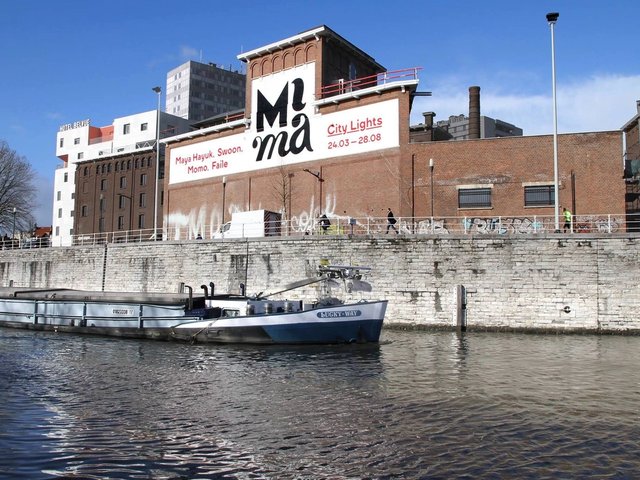On 8 May in Brussels, 100 volunteers will take part in a 24-hour experiment by the Belgian artist Carsten Höller, shutting themselves off from the rest of the world for 24 hours.
The Baudouin Experiment project is inspired by the events of 4 April 1990 when King Baudouin of Belgium (1930-93), who was a devout Catholic, refused to sign into law a bill permitting abortion. The cabinet assumed power, declared him unable to govern for 24 hours, and enacted the legislation.
Höller first staged the work in Brussels in 2001—at the Atomium built for the 1958 Expo world fair in Brussels. This time the participatory event will take place in the Palais de la Dynastie, also built for the 1958 World Expo as a reception hall for official ceremonies, and is part of an annual city-wide arts festival (Kunstenfestivaldesarts).
“The idea is to leave the participants as much as possible to their own devices,” says Dirk Snauwaert, the artistic director of the contemporary art centre Wiels, which co-commissioned the event as part of its forthcoming exhibition The Absent Museum (20 April-13 August). Volunteers must hand in electronic devices such as phones, laptops and iPads and will be barred from photographing or filming the event. “Participants can bring any other type of entertainment, but none will be provided,” Snauwaert says.
The re-enactment has political resonance in an increasingly divided Europe, he adds. “Belgium still has to juggle with finding consensus between its communities and broader issues of governmental non-action in states of crises.”


